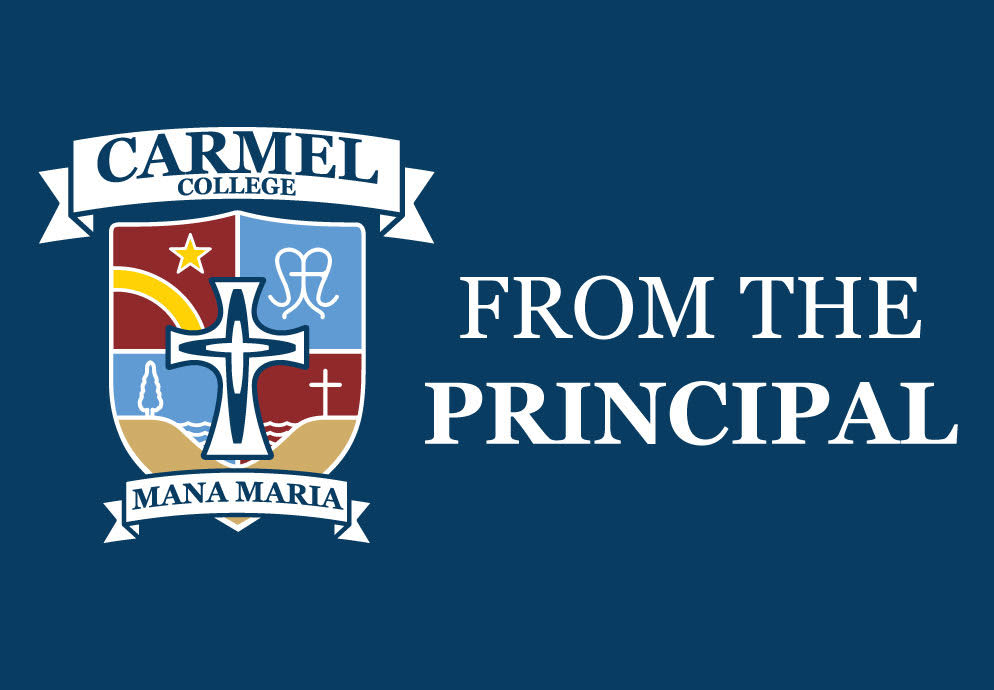Tena koutou katoa. Nga mihi nui atawhai.
In these difficult times, this blog from NoTosh seems appropriate:
Is happiness about feeling good, being good or doing good?
At the end of last year, McDonald’s celebrated the 40th anniversary of The Happy Meal, one of its greatest marketing successes. The Happy Meal claims to make every child happy, and one imagines that’s what every parent in the queue is lining up for. We’re not so sure.
Inevitably, when we ask parents what they want for their child, they’ll reply with one word: happiness. Our happiness obsession is a multi-million dollar industry. There are 7 million search results and more than 40,000 books all about happiness: why you’ve got it, why you’ve not, and how the Dalai Lama gets it.
But given the choice between “more time spent on activities that make your child happy” and “more hard, challenging work”, parents tend to pause before answering. We want everything and to be happy.
Ironically, this obsession with happiness is not serving us well. It seems the more we pursue happiness, the more it evades us.
We simply can’t be happy all the time. It’s a paradox. The more we feel happy, the less powerful true happiness is. Happiness only has power when humans can feel the full gamut of other emotions. Experiences that challenge us or cause us pain, are equally important in shaping empathetic people, than experiences of happiness.
The philosopher, Aristotle, viewed happiness not as a feeling, but as an evaluation of a life well-lived. In his time, happiness was seen as a result of being good rather than feeling good. The connection between happiness and feeling good is a relatively new concept in the light of the timeline of human civilisation. The Provocation: Stop seeking happiness.
So, in these vexing times, let’s continue to look for ways of being good to others rather than just finding ways to make ourselves feel good.
Our life spreads light when it is given in service. The secret of joy is living to serve. #PopeFrancis, #Pontifex

